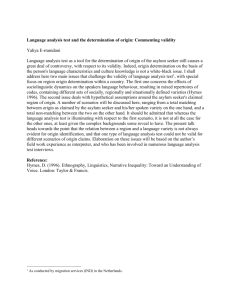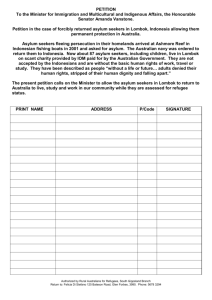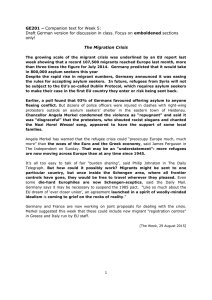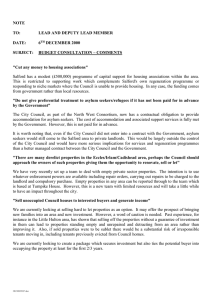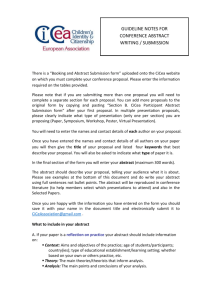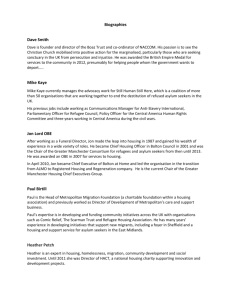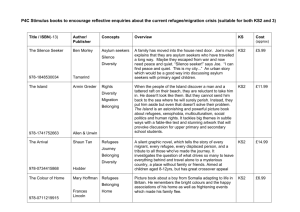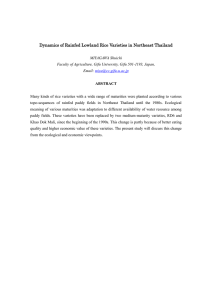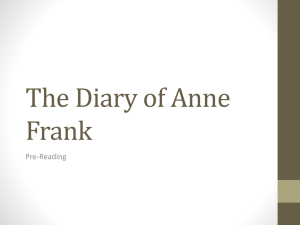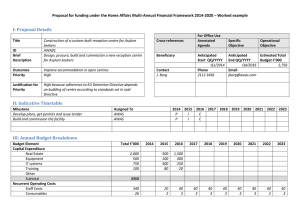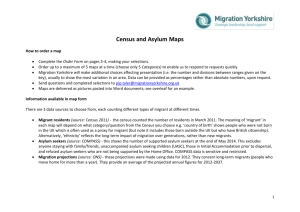Language analysis: A question of validity
advertisement
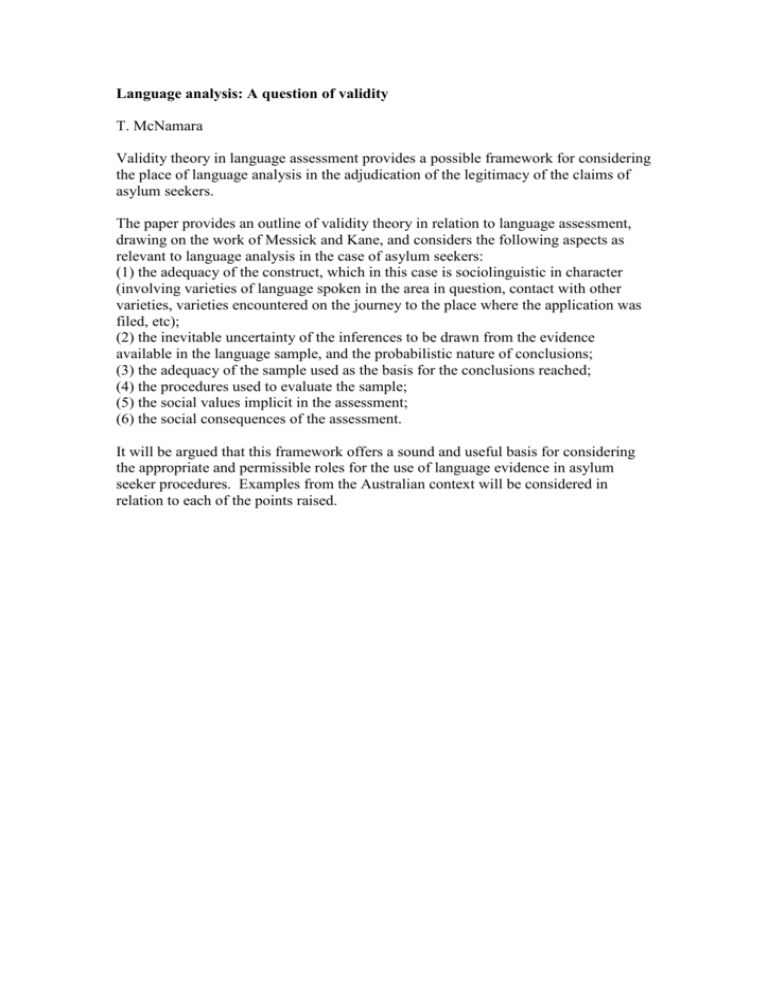
Language analysis: A question of validity T. McNamara Validity theory in language assessment provides a possible framework for considering the place of language analysis in the adjudication of the legitimacy of the claims of asylum seekers. The paper provides an outline of validity theory in relation to language assessment, drawing on the work of Messick and Kane, and considers the following aspects as relevant to language analysis in the case of asylum seekers: (1) the adequacy of the construct, which in this case is sociolinguistic in character (involving varieties of language spoken in the area in question, contact with other varieties, varieties encountered on the journey to the place where the application was filed, etc); (2) the inevitable uncertainty of the inferences to be drawn from the evidence available in the language sample, and the probabilistic nature of conclusions; (3) the adequacy of the sample used as the basis for the conclusions reached; (4) the procedures used to evaluate the sample; (5) the social values implicit in the assessment; (6) the social consequences of the assessment. It will be argued that this framework offers a sound and useful basis for considering the appropriate and permissible roles for the use of language evidence in asylum seeker procedures. Examples from the Australian context will be considered in relation to each of the points raised.
